UNGA chief "won't give up on debate on Hague Tribunal”
UN General Assembly President Vuk Jeremić has stated that nothing could make him give up on a debate on the Hague Tribunal.
Wednesday, 27.03.2013.
09:47

NEW YORK UN General Assembly President Vuk Jeremic has stated that nothing could make him give up on a debate on the Hague Tribunal. He told Tanjug that pressure had been exerted since the beginning to cancel the debate scheduled for April 10. UNGA chief "won't give up on debate on Hague Tribunal” “It is not a surprise that the pressure is growing progressively as we approach April 10. But I will repeat once again – I believe this is an extremely important issue for international relations and the debate will be held and there is no such force that would make me give up on it,” the UNGA president stressed. He pointed out that he could guarantee that all those who decided to take part in the debate would be equally treated and that whatever they said would be a part of an official UN documents. “People here are very interested in the debate and I expect a significant number of the member states for whom the morning part of the debate is reserved,” Jeremic explained. He noted that highly respectable experts would participate even though a certain number of participants who had already announced their presence at the second, non-governmental part of the debate had been forced to withdraw. “It is possible that more critical stances on the international criminal justice will come to the front now that some have been pressured into withdrawing but this is not the organizers’ fault but those who this way tried to prevent a public debate in the UN,” the UNGA president noted. Vuk Jeremic (Beta/AP, file) Foreign Policy: Pressures ahead of UNGA debate Jeremic is on a mission to restore Serbia's prestige on the world stage but he will face a strong resistance of some parts of the international community ahead of the next month’s public debate on the Hague Tribunal, U.S. Foreign Policy writes. The magazine described Jeremic as a “hyper-kinetic” politician who is trying to change an image of Serbia. "Like many other nations, mine has travelled through periods of tragedy and periods of glory sacrificing men and treasure far beyond its means whenever its freedom was in need of defense," Jeremicctold a gathering of small states in October, 2012, shortly after starting his one-year term. "One quarter of our population perished in the First World War, at enormous cost to our development. In the Second World War, close to a million Serbs fell to defeat the scourge of fascism," Foreign Policy quoted him as saying. The timing of the event coincides with the 72nd anniversary of the April 10, 1941, founding of Croatia's pro-Nazi fascist state. Jeremic is facing a backlash from governments and international jurists who feel he has abused his position to advance his narrow national interests. In recent days, several international legal experts, including Song Sang-Hyun, the president of the International Criminal Court, who had confirmed their attendance at the conference have pulled out of the event. Among those who has have cancelled or declined invitations include the president of the Assembly of States Parties for the International Criminal Court, Tina Intelmann; the UN secretary general's special advisor on the prevention of genocide, Adama Dieng; the executive director of Human Rights Watch, Kenneth Roth; and the UN secretary general lawyer Patricia O'Brien, Foreign Policy pointed out. “We note that very soon as a person confirms their attendance and we make it public it takes not more than a few days that he writes back saying regrettably we can't make it," Jeremic told the magazine. Many governments, including the U.S. and members of the European Union, are nervous over his comments on the acquittal of Croat Generals Ante Gotovina and Mladen Markac. However, the UNGA president has decided to go a step further, convening a major UN conference on international justice and reconciliation on April 10 that, he suggested in a series of tweets, would serve as a venue for denouncing the Croatian acquittal. "There are some people who feel very uncomfortable about the date. The date symbolizes in many ways evil and an undelivered justice from the Second World War. Imagine if someone said we feel uncomfortable on Holocaust Memorial day because people feel uncomfortable,” Jeremic said. The event will begin with a public session in which all 193 members of the United Nations will be given an opportunity to speak. In the afternoon, Jeremic has scheduled two panel sessions to provide more focused panel discussion. Tanjug
UNGA chief "won't give up on debate on Hague Tribunal”
“It is not a surprise that the pressure is growing progressively as we approach April 10. But I will repeat once again – I believe this is an extremely important issue for international relations and the debate will be held and there is no such force that would make me give up on it,” the UNGA president stressed.He pointed out that he could guarantee that all those who decided to take part in the debate would be equally treated and that whatever they said would be a part of an official UN documents.
“People here are very interested in the debate and I expect a significant number of the member states for whom the morning part of the debate is reserved,” Jeremić explained.
He noted that highly respectable experts would participate even though a certain number of participants who had already announced their presence at the second, non-governmental part of the debate had been forced to withdraw.
“It is possible that more critical stances on the international criminal justice will come to the front now that some have been pressured into withdrawing but this is not the organizers’ fault but those who this way tried to prevent a public debate in the UN,” the UNGA president noted.
Foreign Policy: Pressures ahead of UNGA debate
Jeremić is on a mission to restore Serbia's prestige on the world stage but he will face a strong resistance of some parts of the international community ahead of the next month’s public debate on the Hague Tribunal, U.S. Foreign Policy writes.The magazine described Jeremić as a “hyper-kinetic” politician who is trying to change an image of Serbia.
"Like many other nations, mine has travelled through periods of tragedy and periods of glory sacrificing men and treasure far beyond its means whenever its freedom was in need of defense," Jeremicćtold a gathering of small states in October, 2012, shortly after starting his one-year term.
"One quarter of our population perished in the First World War, at enormous cost to our development. In the Second World War, close to a million Serbs fell to defeat the scourge of fascism," Foreign Policy quoted him as saying.
The timing of the event coincides with the 72nd anniversary of the April 10, 1941, founding of Croatia's pro-Nazi fascist state.
Jeremić is facing a backlash from governments and international jurists who feel he has abused his position to advance his narrow national interests.
In recent days, several international legal experts, including Song Sang-Hyun, the president of the International Criminal Court, who had confirmed their attendance at the conference have pulled out of the event.
Among those who has have cancelled or declined invitations include the president of the Assembly of States Parties for the International Criminal Court, Tina Intelmann; the UN secretary general's special advisor on the prevention of genocide, Adama Dieng; the executive director of Human Rights Watch, Kenneth Roth; and the UN secretary general lawyer Patricia O'Brien, Foreign Policy pointed out.
“We note that very soon as a person confirms their attendance and we make it public it takes not more than a few days that he writes back saying regrettably we can't make it," Jeremić told the magazine.
Many governments, including the U.S. and members of the European Union, are nervous over his comments on the acquittal of Croat Generals Ante Gotovina and Mladen Markač. However, the UNGA president has decided to go a step further, convening a major UN conference on international justice and reconciliation on April 10 that, he suggested in a series of tweets, would serve as a venue for denouncing the Croatian acquittal.
"There are some people who feel very uncomfortable about the date. The date symbolizes in many ways evil and an undelivered justice from the Second World War. Imagine if someone said we feel uncomfortable on Holocaust Memorial day because people feel uncomfortable,” Jeremić said.
The event will begin with a public session in which all 193 members of the United Nations will be given an opportunity to speak. In the afternoon, Jeremić has scheduled two panel sessions to provide more focused panel discussion.






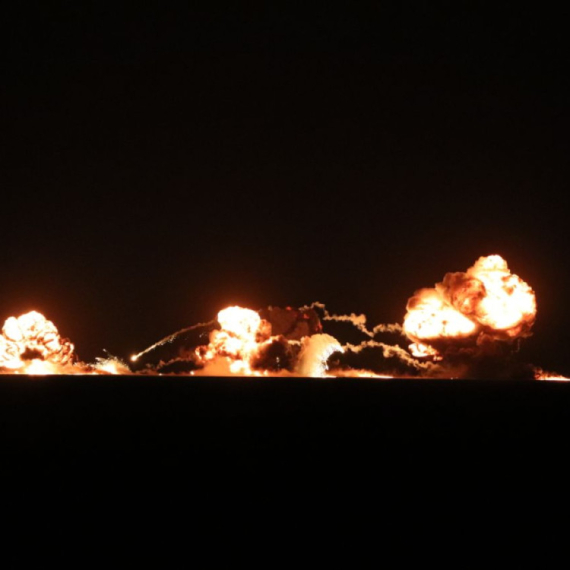



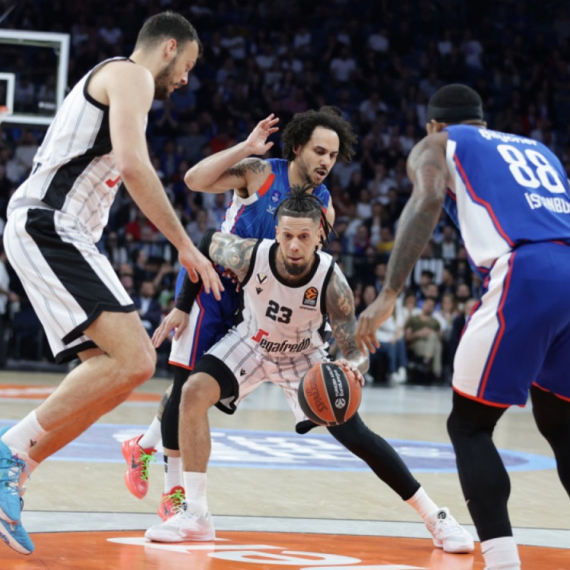
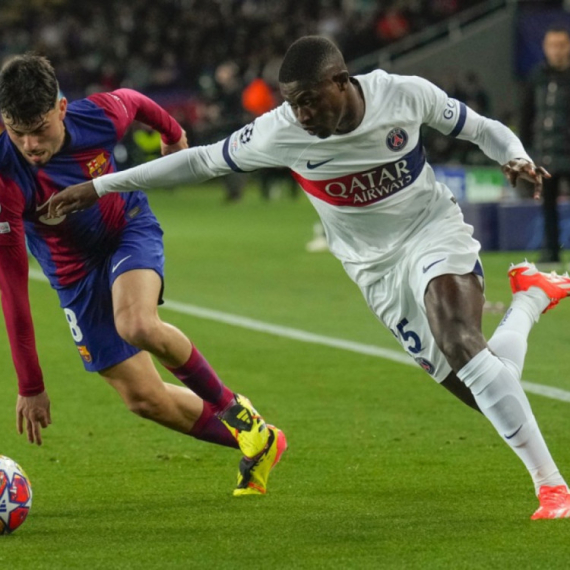
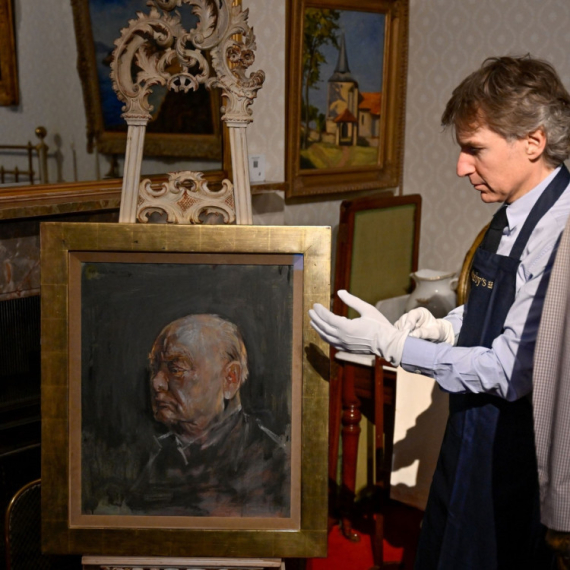
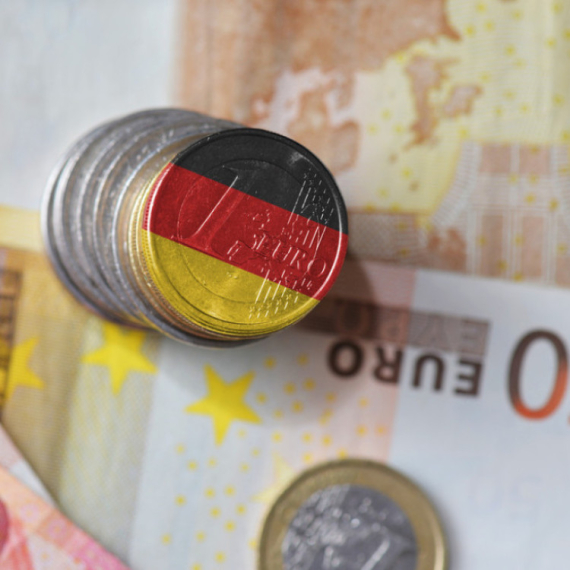
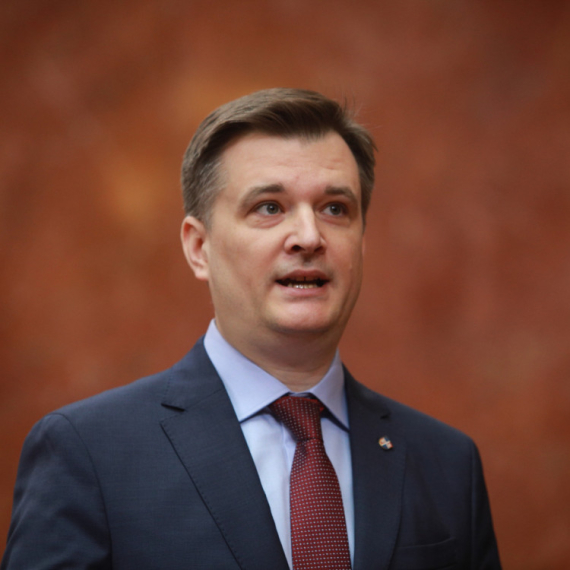
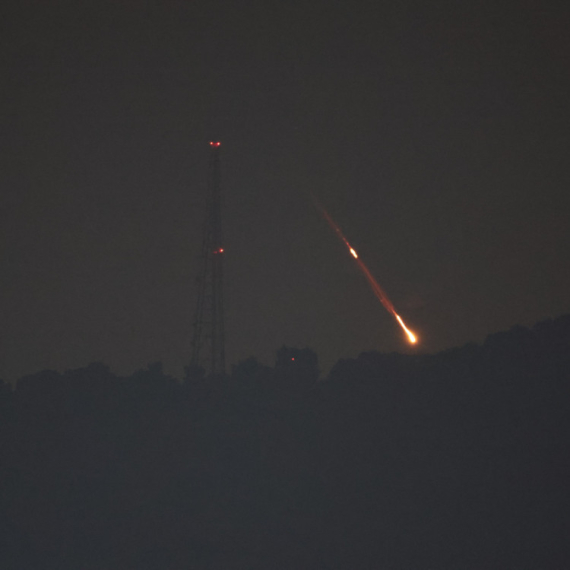
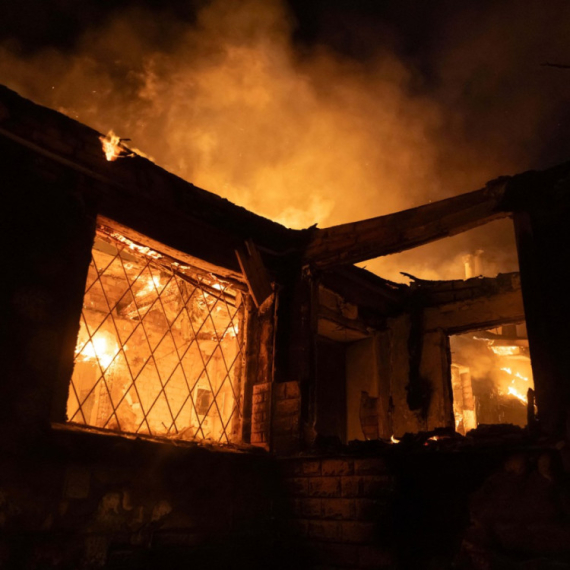
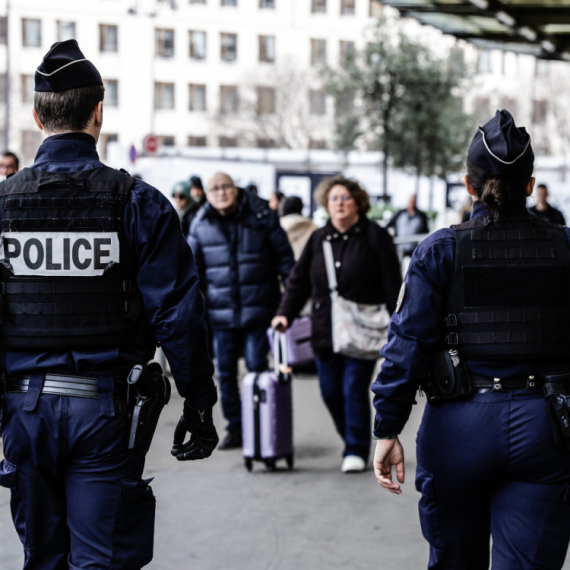
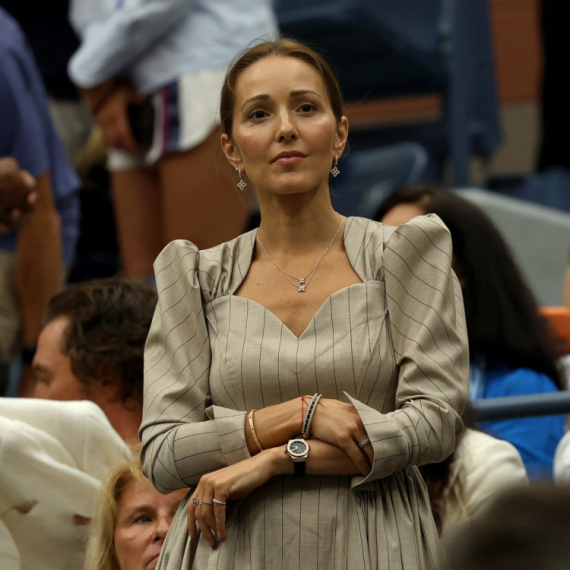
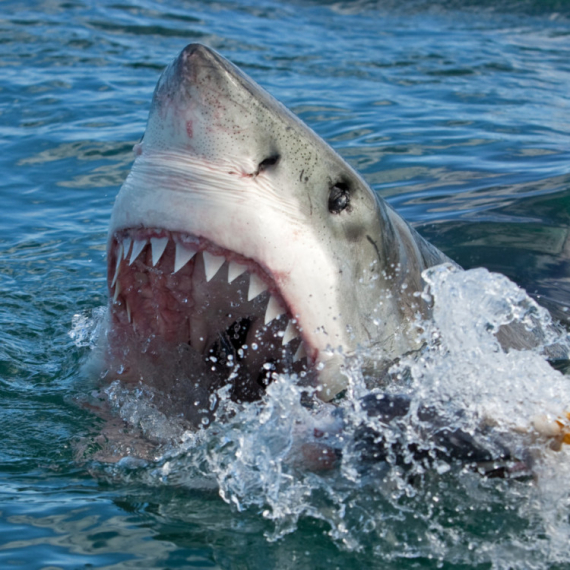
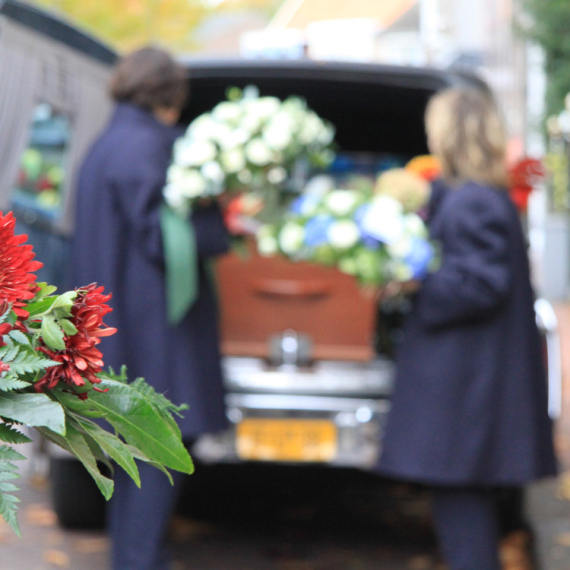
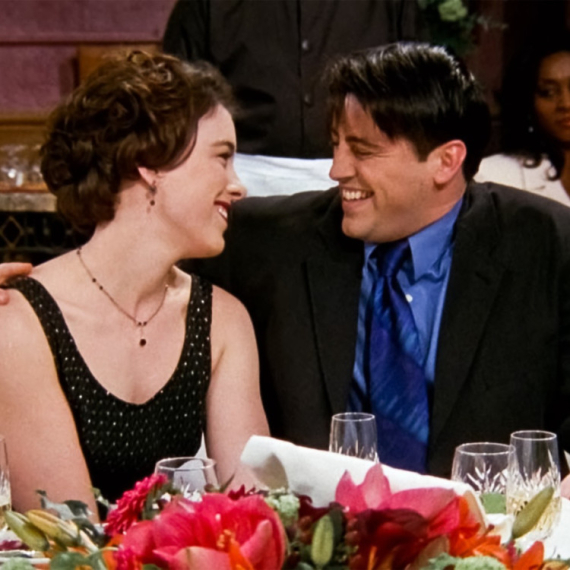
















Komentari 67
Pogledaj komentare